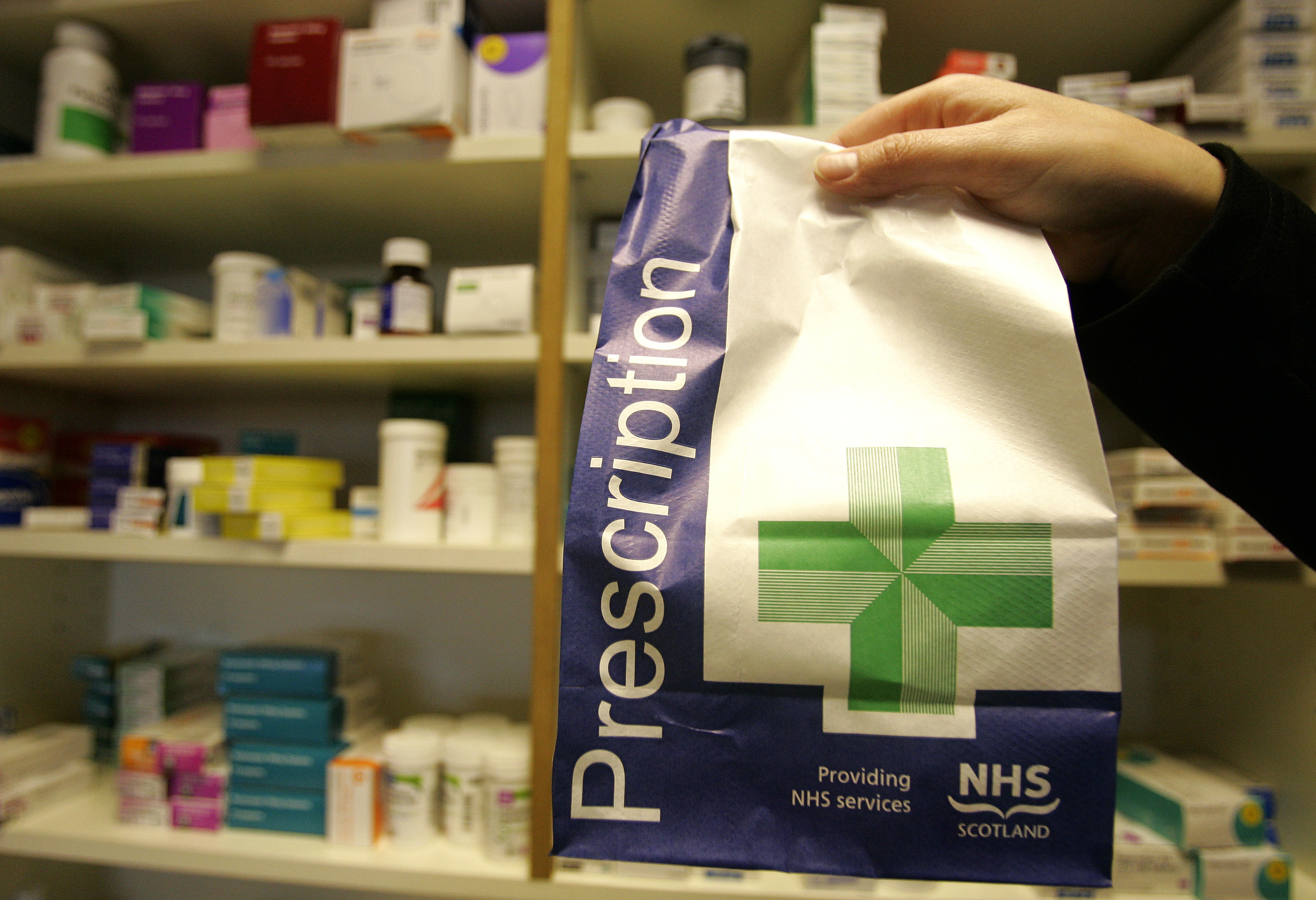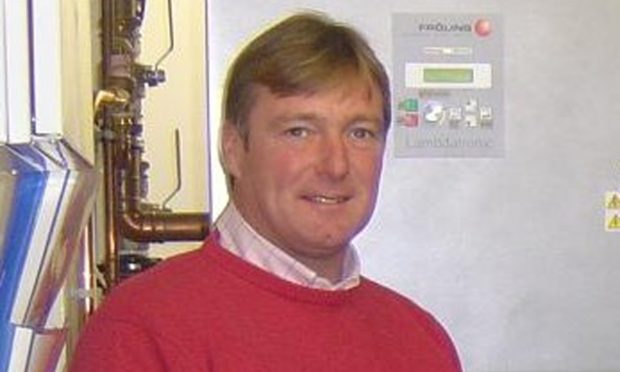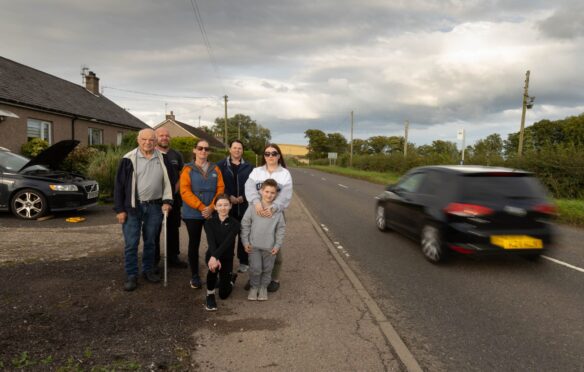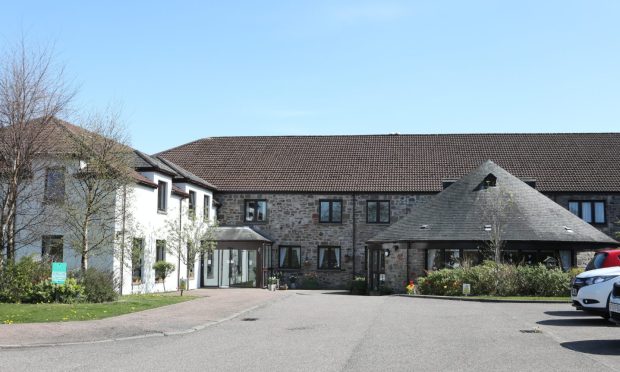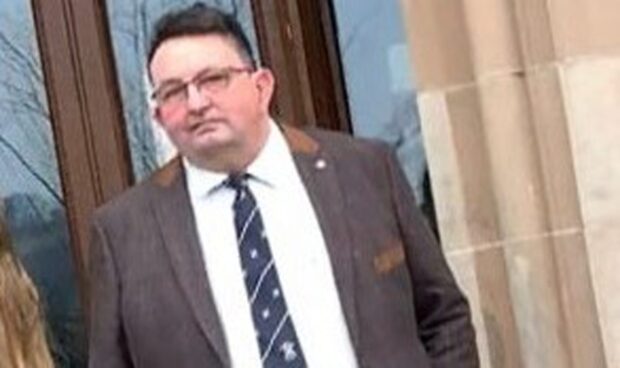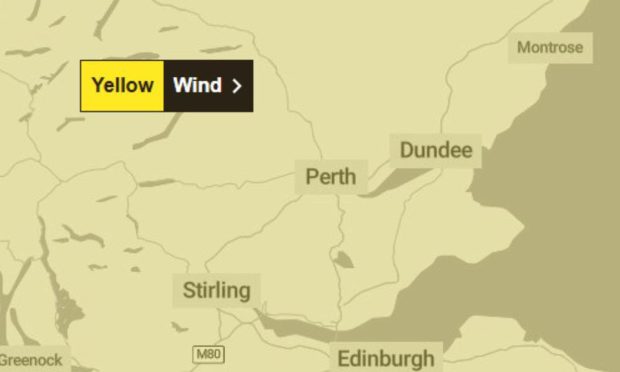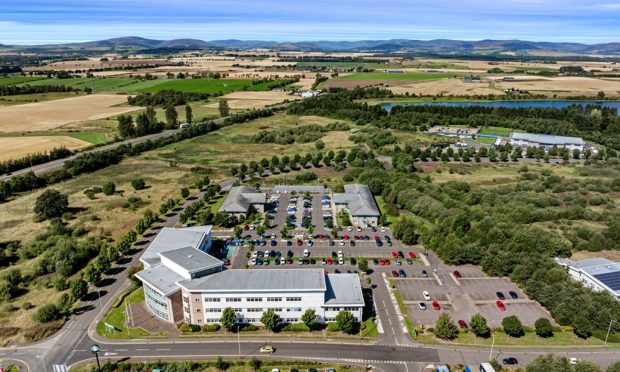Angus is heading for a prescription costs crisis after health chiefs were told they are spending more per head of population than any area in Scotland.
The newly-forged NHS/Angus Council partnership responsible for managing health services could spend more than £2.4 million above its £20 million budget for the year.
This makes the county a “significant outlier” for Tayside and Scotland.
And the county’s integrated joint board (IJB) was told seven GP practices – which the Angus Health & Social Care Partnership refused to name – have been asked to reduce prescribing.
Finance chief Alexander Berry told the committee: “In our GP prescribing budgets, we are already overspending and are continuing to overspend, and that is the most significant factor in our financial position for this year.
“We are forecasting overspending by more than £2 million with a budget of about £20 million.
“Our cost base is running at more than the Tayside average and the Scottish average. Some of the overspend we do see is with the increased price growth and increased volume growth.”
The board heard six out of the seven practices identified as “having a significant amount of variation in prescribing” have agreed to have visits “very soon”.
The Angus Health & Social Care Partnership said the identity of the practices was confidential.
A spokeswoman said: “The Angus Partnership monitors variation in GP prescribing budgets closely as part of its programme of reducing variation, harm and wastage.
“All GP practices in Angus work closely with us to understand any variation within their prescribing.
“There are often complex reasons for this, including an increasing number of treatments due to earlier identification of longer term conditions and the uptake of more newer, more expensive medications.
“Many patients are also on multiple medications, which can increase the risk of adverse drug events and not meet patient’s preferences.
“To address this, locality pharmacy teams undertake reviews of these patients with their GP to help them understand their medications in order to reduce the number of medicines or to find better, non-medical, ways of managing their conditions.
“This is known as social prescribing and has been very successful in reducing medications for mental health and chronic pain management.
“A key component of reducing prescribing costs remains public expectations.
“The Angus Partnership continues to support NHS Tayside public campaigns to reduce the number of items prescribed that are partially, or never, used.
“The partnership also uses the NHS Tayside prescribing system which provides an agreed formulary for clinical staff to prescribe from to ensure the most cost efficient and effective drug choices.”
Non-executive board member Alison Rogers said: “Given the concern that everyone has about the prescribing budget, and that we are a significant outlier compared with the rest of Scotland, I think it would be helpful for the IJB to get some understanding as to why this is taking place.
“This is something that keeps coming up, again and again and we are no further forward.”
The Courier’s “New Health Service” series revealed NHS Tayside may spend £1.4m a year on unused medicines, and is looking at reducing unnecessary prescribing.
